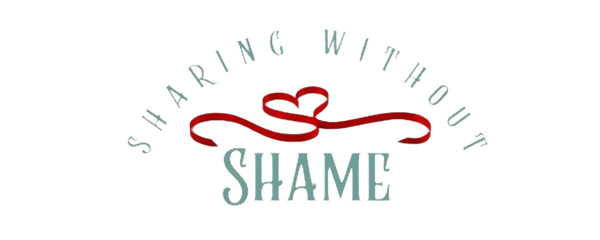Outsmarting a Cunning Disease
Addiction is often seen as an intelligent force because of its ability to adapt, deceive, and manipulate both the person experiencing it and those around them. It is cunning, baffling, and powerful, not a result of poor choices or weak willpower, but a complex brain disease that rewires thinking, behavior, and decision-making.
"Addiction is a chronic, relapsing brain disease that is characterized by compulsive drug seeking and use, despite harmful consequences." — National Institute on Drug Abuse (NIDA)
Addiction doesn’t just affect the person using; it seeps into the lives of family members, shifting relationships and breaking trust. It tricks the brain into prioritizing substances over everything else, the users health, their family, their responsibilities, and even their survival. It convinces a person that they need to use in order to function, while also making them believe they are still in control. This is why breaking free from addiction is so challenging, it distorts reality, making it difficult for the user to see the truth.
Families often wrestle with this deception, questioning why their love and support aren’t enough to free their child from addiction’s grip. The reality is that addiction thrives in secrecy, shame, and enabling behaviors. It tricks parents into believing they must rescue, fix, or shield their teen or adult child from the consequences of their addiction. In doing so, they unknowingly create a sense of comfort for their child, while the parents feel like they’re walking on eggshells.
“If you put shame in a petri dish, it needs three things to grow exponentially: secrecy, silence, and judgment. If you put the same amount of shame in a petri dish and pour on empathy, it can't survive”. - Brene Brown (Author)
Here’s the good news: when we understand addiction as a disease with its own form of intelligence, we can begin to outsmart it. We can set boundaries that don’t just protect our loved ones but also protect our hearts and our stuff. We can shift our approach from reacting emotionally to responding with clarity and intention.
A New Approach for Families to Outsmart Addiction:
1. Pause Before Responding: Addiction creates urgency. If your child calls in a crisis, give yourself 24 hours before making a decision, instead of reacting immediately.
2. Use the “Mirror Effect”: Instead of pointing out your loved one’s destructive behaviors, ask them, “If you were me looking at your life, what would you see?” to encourage self-reflection.
3. Set Future-Ready Consequences: Make consequences about their future choices, not their past mistakes. Offer support when they show they’re commitment to working a recovery program.
4. Step Out of the Cycle: Addiction manipulates family members into enabling. When in doubt, ask yourself, “Am I helping or preventing my loved one from facing natural consequences?”
5. Know Your Limits: You can’t save them, but you can love them while letting go of control.
These strategies are bold, boundary-setting, and mindset-shifting, because when nothing changes, nothing changes, and the change starts with you!
